The Great Commission

Reading through Acts, it stirred my attention to consider how the entire Book becomes a record of how the disinherited nations of Deuteronomy 32 were being reclaimed through the Spirit-empowered Church.
“But you will receive power when the Holy Spirit comes upon you; and you will be My witnesses in Jerusalem, and in all Judea and Samaria, and to the ends of the earth.” (Acts 1:8)
It makes sense to consider Pentecost as the reversal of Babel, as those gathered were filled with the Holy Spirit. YHWH had confused the languages of the rebellious people and divided them into nations, and separated them from His chosen people.
"When the Most High gave to the nations their inheritance, when he divided mankind, he fixed the borders of the peoples according to the number of the sons of God. But the Lord’s portion is his people, Jacob his allotted heritage." (Deuteronomy 32:8-9)
Acts 2 begins with the gathering in the Upper Room, where 120 covenant people (Jews) were gathered together, fasting and praying, and waiting for the Holy Spirit as promised by Jesus before He ascended into heaven.
Tongues
The diverse languages (tongues) of Pentecost being spoken by "devout men [Jews practicing the faith of their fathers] from every nation" testified to those who were in hearing distance from those who had received the gift of the Holy Spirit. The phenomena of unknown languages drew the attention of the people from nations who had assembled in Jerusalem for Pentecost: "each one was hearing them speak in his own language" (Acts 2:6).
Who were these people? Acts 2:9-11 tells us:
"Parthians and Medes and Elamites and those residing in Mesopotamia, Judea and Cappadocia, Pontus and Asia, Phrygia and Pamphylia, Egypt and the parts of Libya toward Cyrene, and the Romans who were in town, both Jews and proselytes, Cretans and Arabs...heard them speaking in [their] own languages the great deeds of God!”
This was the fulfillment of prophecy in Ezekiel 36.
"And I will put my Spirit within you, and cause you to walk in my statutes and be careful to obey my rules." (Ezek 36:27)
Through Jesus, the way was made for all to become one with YHWH's chosen. His presence, once reserved for the Tabernacle/Temple, has now filled people who have become the Living Temple.
Mighty Rushing Wind
Acts 2:2 describes to us the mighty works of God on that miraculous day. The mighty rushing wind was evidence of YHWH's presence to the devout Jews. In fact, the presence of God and wind are deeply intertwined throughout Scripture. Wind. Breath. Spirit. Presence.
"When the day of Pentecost arrived, they were all together in one place. And suddenly there came from heaven a sound like a mighty rushing wind, and it filled the entire house where they were sitting." (Acts 2:1-2)
From the very beginning of Scripture, the rabbinic texts viewed the hovering or wind of God in Genesis 1:2 as the personal presence of YHWH. The wind or spirit is YHWH's active, hovering presence, bringing order out of chaos, not merely air movement as we would immediately think. The wind was a manifestation of divine energy and life.
For instance, the wind in Exodus 14:21 as Moses stretched out his hand over the Red Sea as YHWH drove the waters back by a strong wind, using a natural element as a vehicle of His supernatural presence. He displayed His transcendence over nature.
The Valley of Dry Bones is yet another time when we read that the breath (ruah) is evidence of the divine life-giving presence of God.
"Prophecy to the breath (ruah), prophesy, son of man, and say to the breath, 'Thus says the Lord God: Come from the four winds (ruhot), O breath, and breathe on these slain, that they may live.'" (Ezekiel 37:9-10)
In Ezekiel, it is the ruah (wind, breath, and spirit) that illustrates the divine life-giving presence. Of course, this would tie directly to Genesis 2:7 when God breathed into Adam's nostrils the breath of life.
To stop at the Old Testament when considering the ruah or wind would be remiss since we find the wind in Nicodemus' encounter with Jesus. "The wind (pneuma) blows where it wishes... so it is with everyone who is born of the Spirit (pneuma)." (John 3:8)
Jesus ties divine sovereignty and the unseen power of the Spirit to the movement of wind – invisible yet perceivable by its effects. The text in John 3:8 refers to ruah elohim in Genesis – the same Spirit that hovered over the waters that now brings new creation in believers.
Fire and the Presence of YHWH
The wind in the Upper Room was easily recognized as the very Presence of God by those obediently waiting for the Holy Spirit. But, it doesn't end there.
"And divided tongues as of fire appeared to them and rested on each one of them. And they were all filled with the Holy Spirit and began to speak in other tongues as the Spirit gave them utterance." (Acts 2:3-4)
The "tongues of fire" rested upon those in the Upper Room when the Holy Spirit (ruah) was poured out on them. The Hebrews would have seen the fire as evidence of YHWH's presence ... no longer confined to the Temple's inner sanctuary and reserved for the High Priest only once a year, but now residing on and in believers from every nation, tribe, and tongue.
Couple the mighty rushing wind with the tongues of fire, you have clear evidence of the presence of YHWH in their midst. The signs and wonders of Pentecost (wind and fire) and tongues) can be defined as anti-Babel, taking back what was lost in Deuteronomy 32 when God confused the languages and divided the people into nations, separating them from His people Israel.
Language confusion became language proclamation; the Spirit began repossessing what YHWH rejected and disinherited.
This is exactly why Jesus sent His disciples forth to spread the Good News to all nations. Jesus' commission was fueled at Pentecost. The presence of God now dwelt in man and the disciples, under the power of the Holy Spirit, boldly spoke, and the eyes and hearts of people were opened. They believed. The church grew. The message spread.
The Gospel Spreads
Continuing through the next chapters of Acts, we find the church growing fast.

Persecution against the church in Jerusalem had an unexpected effect, as it pushed the Gospel out from Jerusalem into the regions of Judea and Samaria and began to increase in number.
"Now there happened on that day [the day of Stephen's death] a great persecution against the church in Jerusalem, and they were all scattered throughout the regions of Judea and Samaria, except the apostles...
"Now those who had been scattered went about proclaiming the good news of the word. And Philip came down to the city of Samaria and began proclaiming the Christ to them. And the crowds with one mind were paying attention to what was being said by Philip, as they heard him and saw the signs that he was performing. For many of those who had unclean spirits, they were coming out of them, crying out with a loud voice, and many who were paralyzed and lame were healed. And there was great joy in that city." (Acts 8:1-8)
Then the church throughout all of Judea and Galilee and Samaria had peace, being strengthened. And living in the fear of the Lord and the encouragement of the Holy Spirit, it was increasing in numbers. (Acts 9:31)
The Gospel saturated God's inheritance before being pushed further beyond Judea. As Acts 9 above tells us, Samaria was soon being evangelized as the Gospel message continued to spread.

Why Samaria?
What's so significant about Samaria? Good question!
The Samaritans were an ethnically mixed people, half-Israelite and half-Gentile (descendants of the northern tribes and Assyrian colonists). Samaria is a liminal zone between YHWH's territory and the nations ... a symbolic bridge, if you will.
The Holy Spirit that fell on Jerusalem believers was no longer bound to Jerusalem, no longer territorial, as the Gospel continued to spread beyond Judea into Samaria.
Just as YHWH's glory moved from the Temple threshold (see Ezekiel 10-11), His Spirit crossed the boundary lines of the divided kingdom.

The Ends of the Earth
The Spirit of God (His Presence) would no longer be bound by territory, tabernacles or temples, or ethnicity. As it pushed forward through Samaria, it began to spread far beyond, to the ends of the earth. The remainder of the book of Acts (and the rest of the New Testament) testifies to the proclamation of the Gospel to the Gentile nations, circumcised or uncircumcised (see Acts 10-11). No more was there a boundary between sacred and profane people (Leviticus 20:24-26).
Peter declared, "God shows no partiality, but in every nation (panti ethnei) anyone who fears Him is acceptable" (Acts 10:34).
In Antioch, we find the first Christians, both Jews and Gentiles, worshiping together. This was the visible reunification of the disinherited nations under Messiah. Antioch became the launching pad for the Gentile mission, spreading the Gospel to the ends of the earth.
As Acts leads us through the growth of the church, we find that Paul's journeys literally reclaimed the map, erasing walls, boundaries, and borders that previously confined the presence of YHWH to His inheritance (Acts 13-28). Paul's ultimate goal was to reach Rome with the Gospel, and that he did! Rome was the Capital of the Empire, the symbolic "end of the earth". His missionary journeys opened the door for the Great Commission to perpetuate Christ's mandate, still in effect today, to believers throughout the earth, carrying the life-giving Gospel of Jesus Christ to all mankind.

Looking at Acts 14 and beyond, it's not difficult to see the progression of the Gospel. Each city corresponds to a former dominion of rival powers – and each victory narrative shows the gospel's cosmic displacement effect. The lesser gods are dethroned as the "unknown God" is proclaimed. The expansion is amazing especially when you consider the political and religious oppression and opposition from those who rejected the Messaniac message.
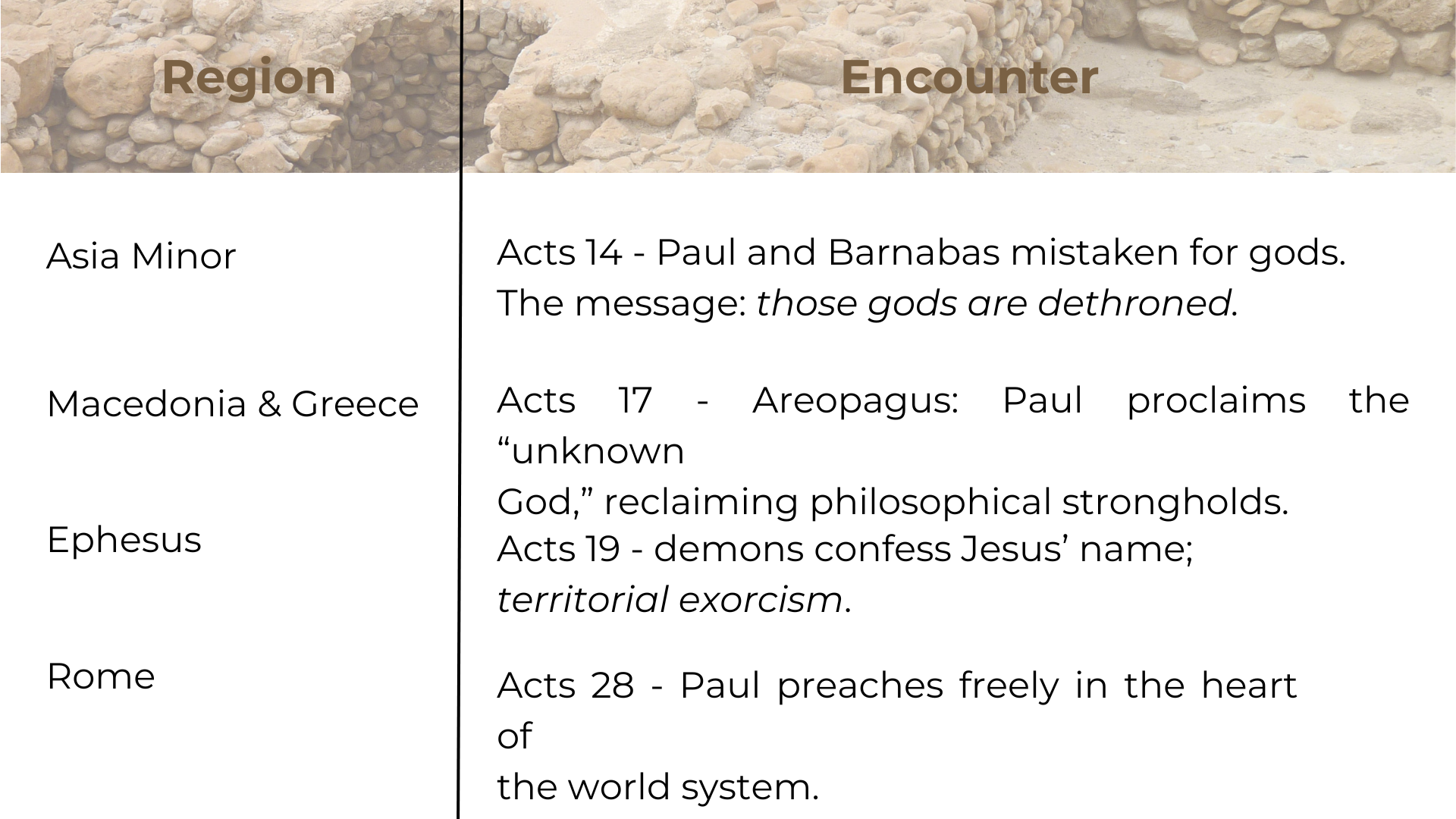
Consider the key Greek terms that, in themselves, create the unmistakable narrative as we view the spread of the Gospel through Acts.
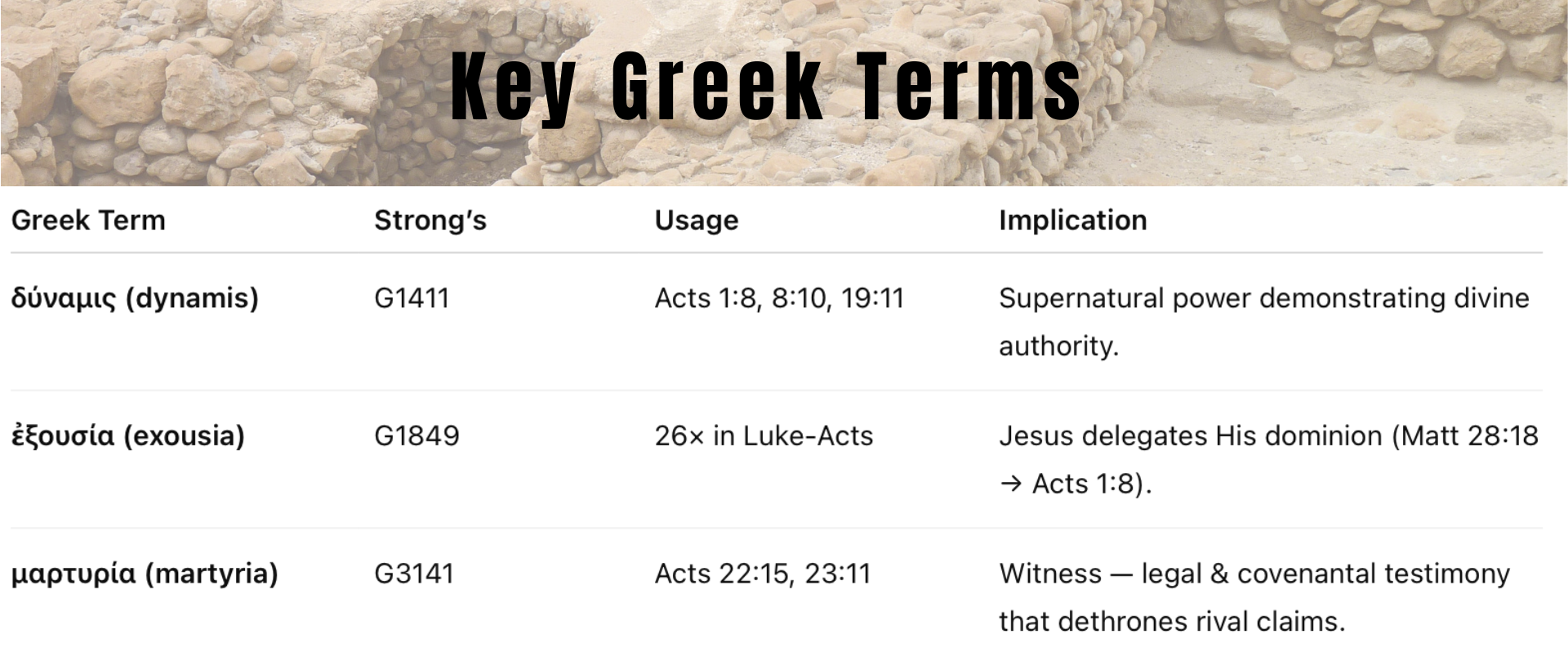
Breaking down the Gospels and Acts, distinct themes begin to emerge, revealing YHWH's plans and purpose as the Great Commission began to spread the Messianic message. Tracing the progression, the reversal of Babel becomes clear, the Great Commission takes on the role of spiritual warfare, and the Divine Presence confirms Jesus' words to His disciples in Matthew 28:20 "I am with you always", the result of the indwelling Spirit (Acts 2 through 28):
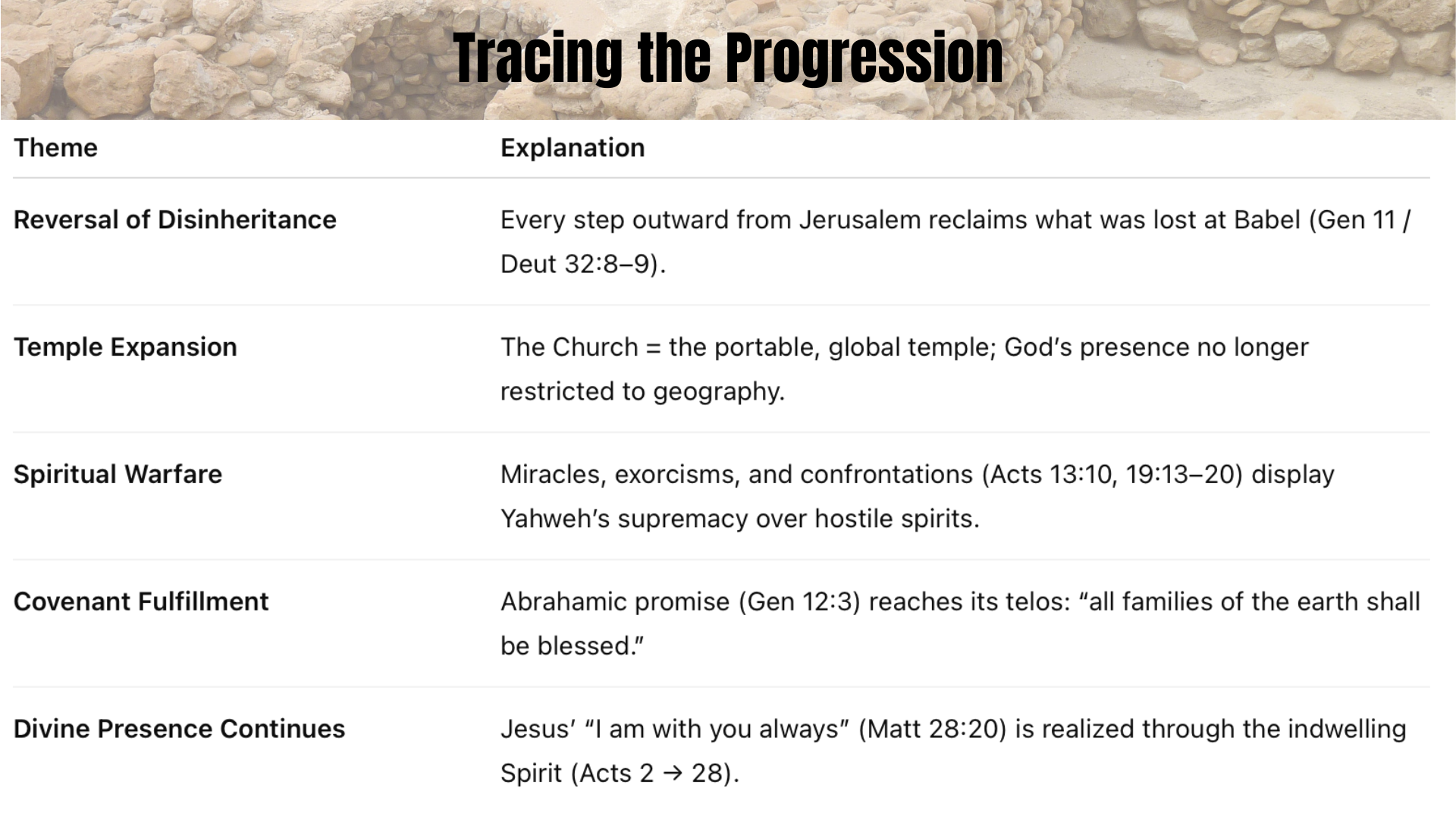
Summary
Stepping back from everything we've thought (or not thought) about the Great Commission, we look to the text to reveal why the writers of the New Testament, particularly the four Gospels and Acts, made a point of including it in their recorded testimonies. When we review the Gospels, by the time we get to Acts, we can easily see The Great Commission as WARFARE ... taking back what the enemy has wrongfully claimed as his, reversing the disinheritance of YHWH's people.
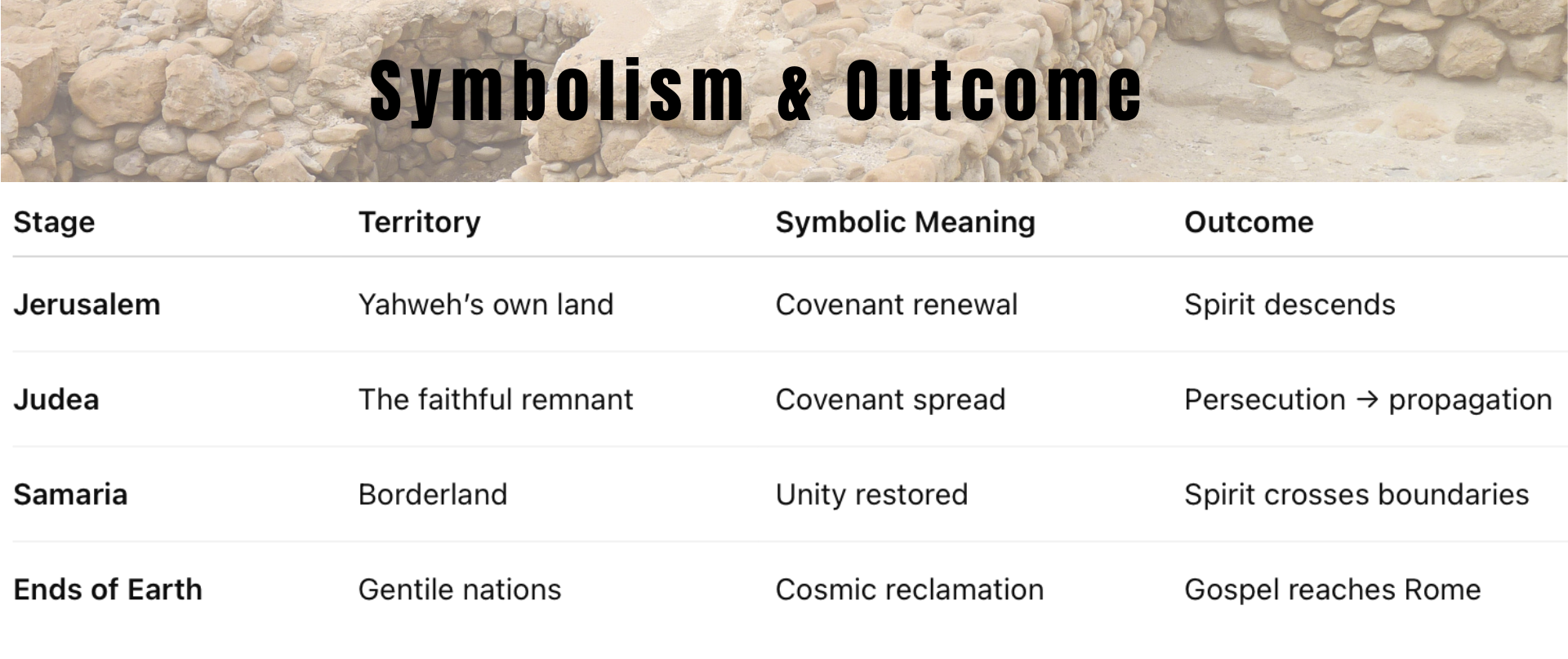
It is no coincidence that Jesus spoke these most important words into the hearts of His disciples as His final testament:
"All authority in heaven and on earth has been given to me. Go therefore and make disciples of all nations, baptizing them in the name of the Father and of the Son and of the Holy Spirit, teaching them to observe all that I have commanded you. And behold, I am with you always, to the end of the age.” (Matthew 28:18-20)
And he said to them, “Go into all the world and proclaim the gospel to the whole creation. Whoever believes and is baptized will be saved, but whoever does not believe will be condemned. And these signs will accompany those who believe: in my name they will cast out demons; they will speak in new tongues; they will pick up serpents with their hands; and if they drink any deadly poison, it will not hurt them; they will lay their hands on the sick, and they will recover.” (Mark 16:15-18)
"But you will receive power when the Holy Spirit has come upon you, and you will be my witnesses in Jerusalem and in all Judea and Samaria, and to the end of the earth.” (Acts 1:8)
Our work is not over. The "end of the earth" will continue to expand as long as mankind continues to multiply. The good news is that Jesus promised we would not be alone in this cosmic battle, but He would be with His people, leading us into battle, holding high the banner of Victory in Jesus' Name and in His power! Amen!
© 2026 Jan Ross
All Rights Reserved

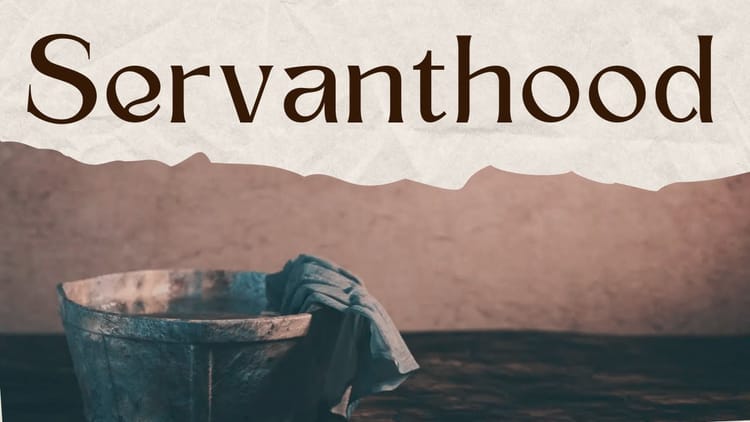
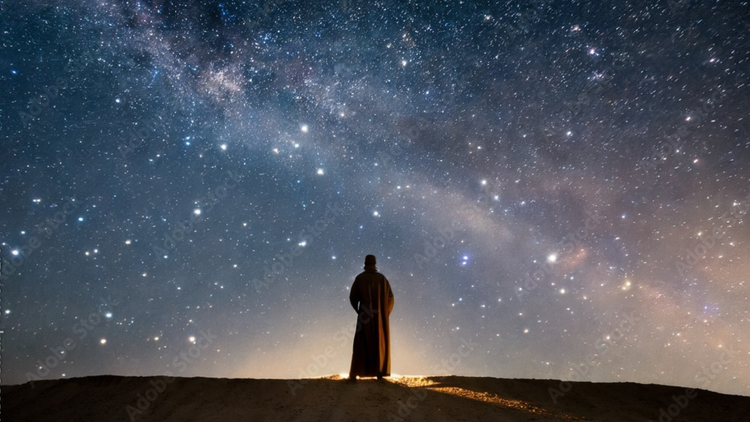

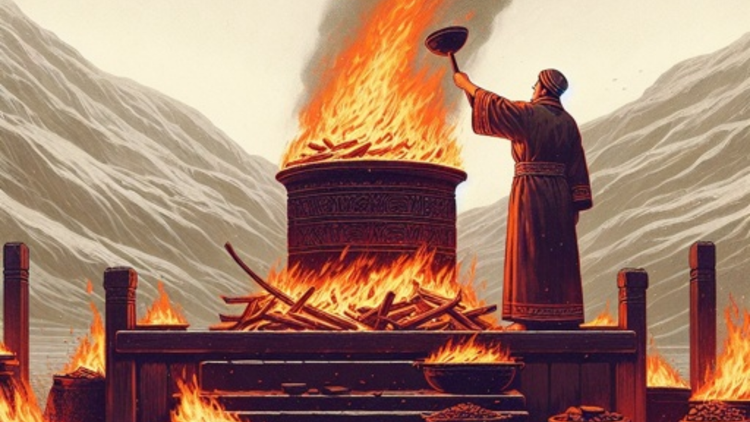

Member discussion